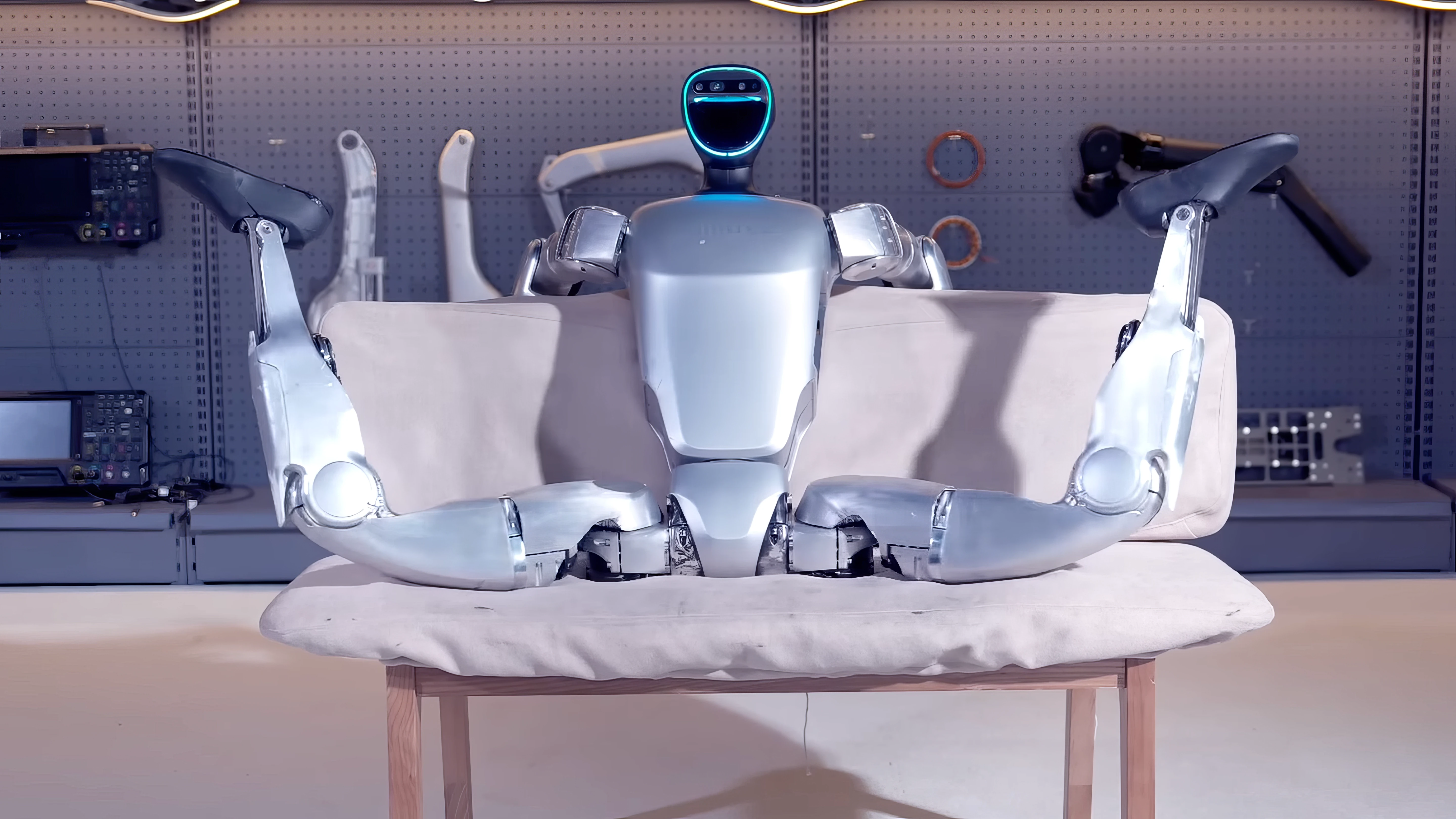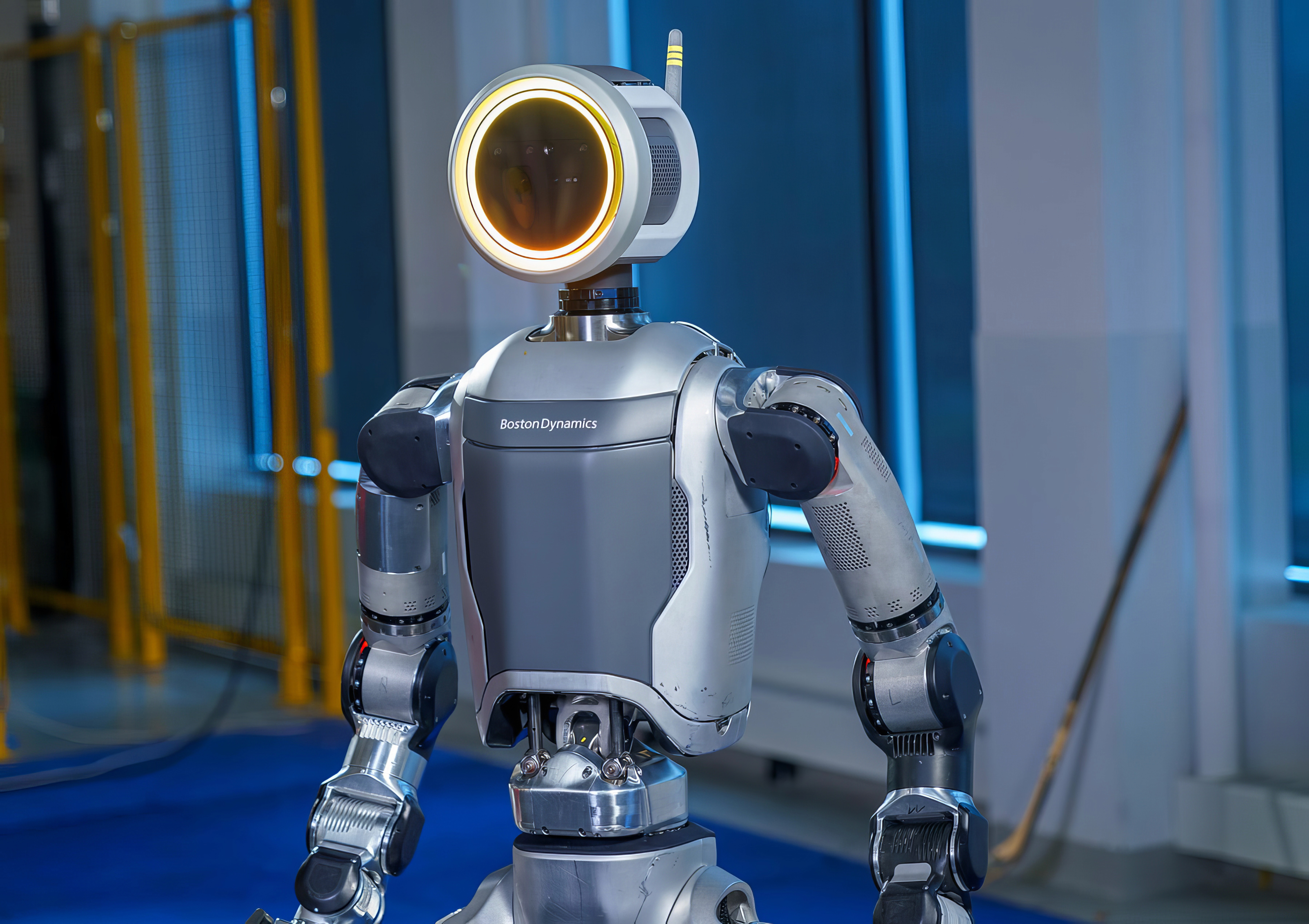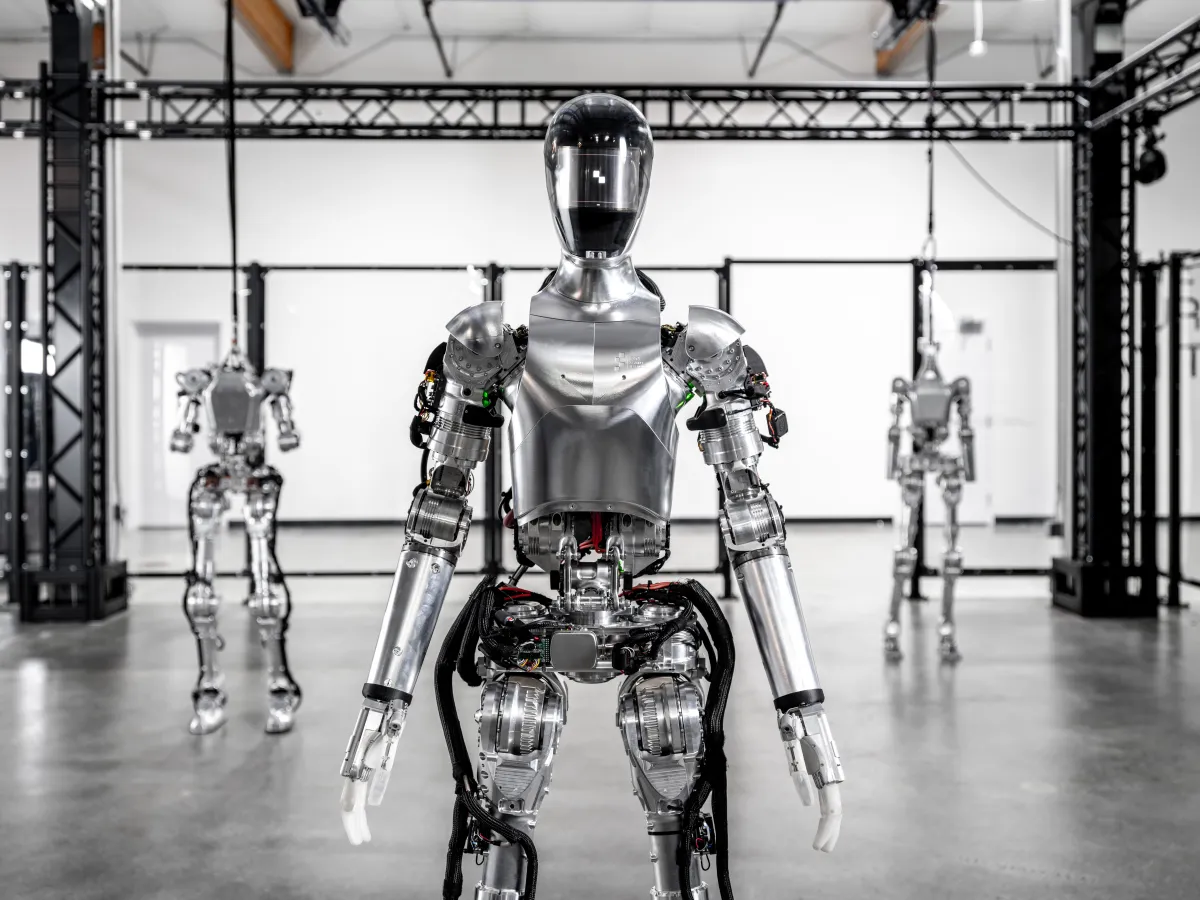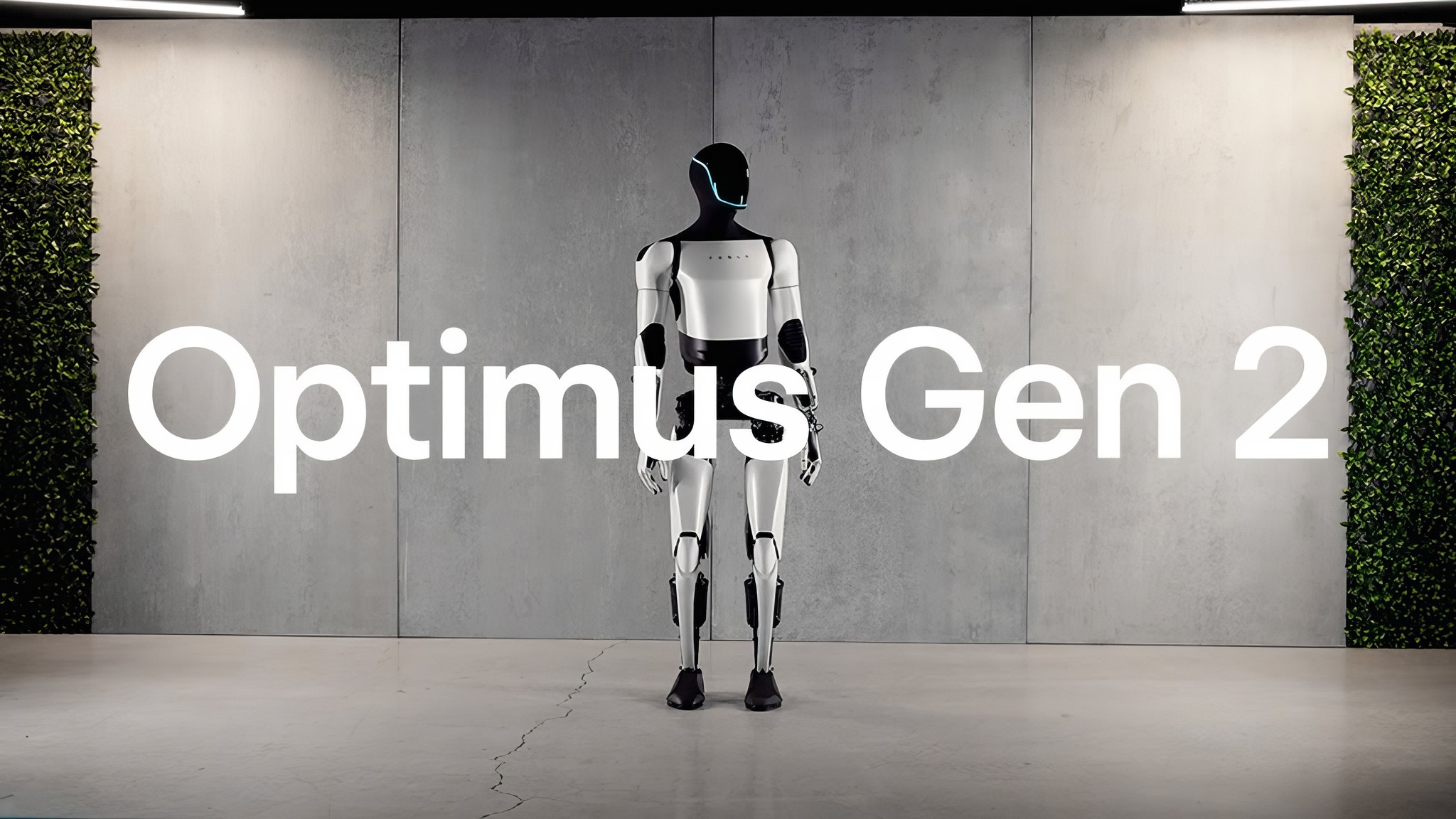AI Meets Genetics: The Groundbreaking OpenCRISPR Technology
AI Meets Genetics: The Groundbreaking OpenCRISPR Technology
[BY]
Dmytro Kremeznyi
[Category]
Tech
[DATE]
Apr 26, 2024




OpenCRISPR, a revolutionary neural network, transforms genetic research by enabling precise, AI-driven editing of human DNA, heralding a new era in medical science.
In a landmark development that's being hailed as the biggest medical breakthrough of the decade, scientists have unveiled OpenCRISPR. This innovative neural network has the potential to change human DNA, sparking a new era of genetic possibilities.
Here’s a quick look at why OpenCRISPR is turning heads and what it might mean for the future of medicine.
OpenCRISPR uses the powerful CRISPR technology, a tool that lets scientists edit DNA almost as if they’re working with LEGO bricks. Imagine being able to remove a gene that causes Alzheimer’s disease as easily as you'd take a block out of a LEGO structure—that’s the promise of OpenCRISPR.
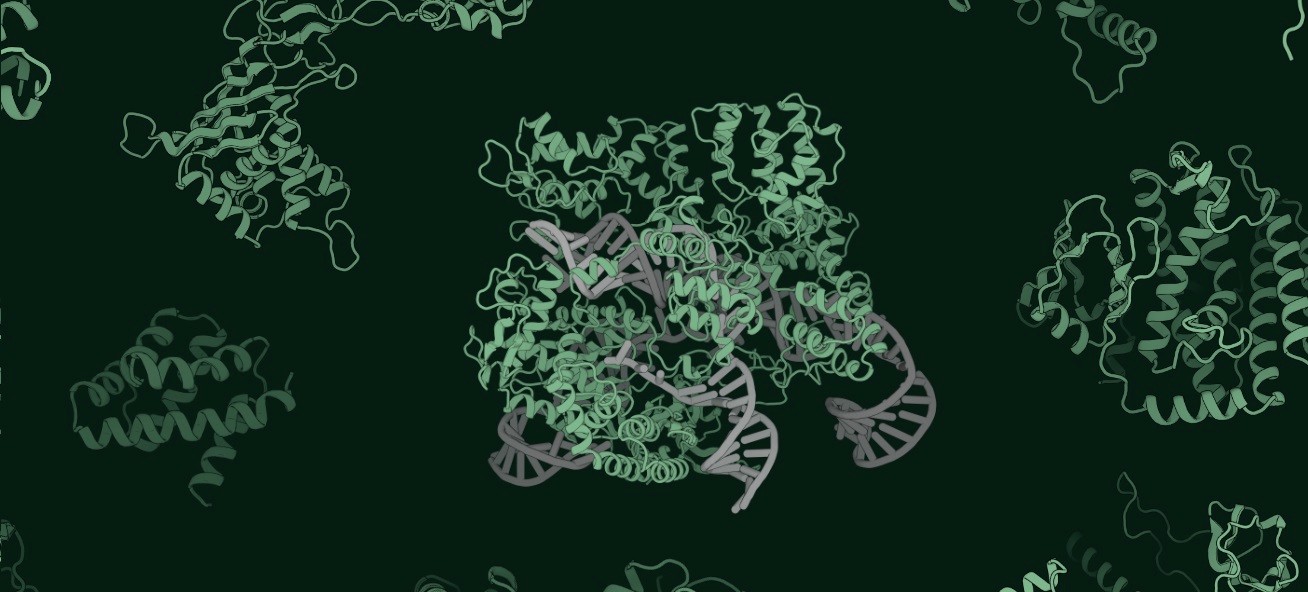
Up until now, while CRISPR could do things like extract allergen-producing genes from peanuts or develop antibiotics that are pinpoint accurate without nasty side effects, it’s been a complex and laborious technology to use. The main hurdle has been the immense amount of time—hundreds of human hours—required to conduct a single study.
That’s where OpenCRISPR comes in. This groundbreaking neural network takes over the heavy lifting, making the editing process faster and more accessible. As of today, it’s been released free of charge to thousands of scientists worldwide, paving the way for rapid advancements in genetic research.
With OpenCRISPR, the stuff of science fiction seems more attainable than ever. Could we be on the brink of curing diseases like never before? Could genetic superpowers become a reality? It certainly feels like we're stepping into a new frontier of science, where 'X-Men' abilities aren't just for the movies anymore.
“We encourage the gene editing community to pressure test OpenCRISPR-1. If there are particular features that could be improved for a specific application, we’d like to know and can collaborate to optimize those properties'' - said Peter Cameron, Profluent’s head of gene editing.
Content














